New Book on One Health
I wrote a book. Actually, I co-wrote a book. The book, published by Wiley in January 2019, is Introduction to One Health: An Interdisciplinary Approach to Planetary Health (https://bit.ly/2rIZfjd). Parts of the book are open access, including the first chapter in which the two other authors and I use our home base in St. Louis, Missouri, situated on the bank of the Mississippi River, as an example of the One Health challenges and opportunities that flow through our past, present and future. Try it out https://bit.ly/2VUdKSM.
We divided the book into 6 sections, including (1) An Introduction and Impetus for One Health; (2) The One Health Triad; (3) Practitioners and Their Tools; (4) How to Start a Movement; (5) Humanities of One Health; and (6) Where Do We Go From Here. These sections are further divided into 15 chapters, in which we seek to answer the what, where, when, why, who, and how of One Health. Science at the core, we include interviews of persons across disciplines showing the diversity of career choices necessary to solve today’s health challenges and case studies of real life One Health challenges and opportunities. We also use storytelling as the vehicle for inspiring next-generation planetary health care-givers. The foreword, written by Dan Ashe, CEO and President of the Association of Zoos and Aquariums, starts the book off with his take on why we need biodiversity and how One Health will help us continue to have a planet full of life, and one worth inhabiting, as the 21st Century unfolds.
Why a Book on One Health
I am often asked why write a book on One Health? The answer is easy and one I counter with questions of my own. I ask whether the person has found her/himself increasingly thinking about the conservation and public health challenges that threaten human, animal, and plant health. I follow with a question on whether climate change or the loss of biodiversity or plastic pollution is on their mind. I then remind the questioner that all these, along with countless other, challenges have impacts on the health of life, whether animals living in the deepest oceans or humans living in the most crowded cities. These challenges threaten planetary health and the health of all life—One Health.
A book like this is just in time. With the growing body of evidence on the global challenges—even the biggest science deniers among us—must surely be thinking about the impacts of these challenges on the health of their families. The data on climate change and the impacts this has on all facets of our cultures, politics, economies, as well as health https://bit.ly/2qusHsK is a wake up call. Climate change is real and it exerts impacts, both small and large, on all life. Then just this month, another report released, and frankly this one keeps me up at night and working hard during the day, should also move us to reflection. This is the UN report on the current state of biodiversity. Read it! If not the whole report, at least the summary on the current state of the planet you call home https://bit.ly/2Jjc51D.
Both these documents are report cards of sorts, providing grades on the health of life on Earth today. These reports are connected. We know that climate change leads to biodiversity loss and that the loss of biodiversity has negative feedbacks on climate change. They are indicators of our shared health concerns—One Health.
One Health is About Hope
The story does not need to end here with us simply letting these challenges loom large, creating a type of overwhelmed apathy. Instead, these facts should generate energy, drive, and determination within us so we may come up with solutions. This is the true value of One Health. A solution based transdisciplinary approach to overcome the planetary health challenges we humans have created, and for which we humans increasingly will suffer. One Health is about hope.
In the same month of the UN’s alarming report on the state of Earth’s living creatures, with 1 million species of animals and plants at risk of extinction, there was other news. Good news! Jane Goodall, the icon of conservation and hope, received a Time Person of the year award. Her words play out well in an interview https://bit.ly/2QgrscL. Although not called by name, Goodall speaks of One Health and the responsibility and power we each have to help save wildlife, wildlands, and Homo sapiens alike. A call to action. One of the easier actions might just be to sit down with a copy of our new book and learn about the what, where, when, why, who, and how of One Health. Then go out and save the world.




